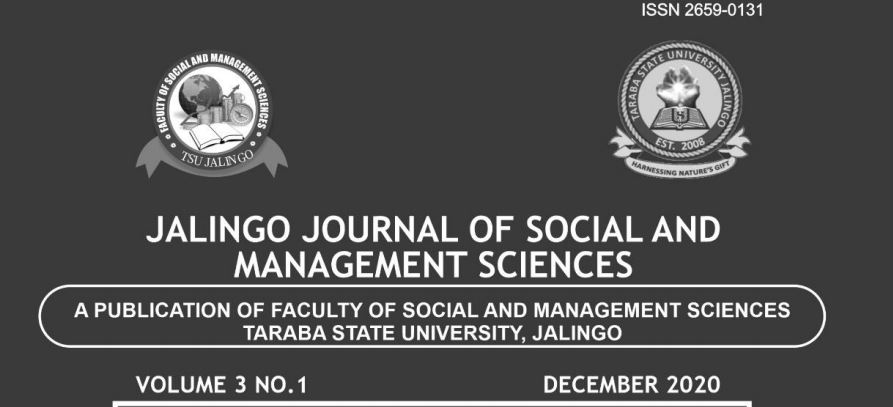Internal Displacement and the Challenge of Election Conduct in Nigeria: A Study of the 2015 General Elections
Keywords:
Displacement, Election, Electoral Participation, Internal Displacement, Internal Displaced Persons, Social DominanceAbstract
Democracy has become the most accepted form of government in the world. The beauty of democracy has been on its inclusiveness in ensuring periodic change of government through free and fair elections. However, the conduct of election has faced numerous challenges, and of late, this has included internal displacement. In the case of Nigeria, 2015 was the first time it was confronted by a large-scale internal displacement in the conduct of its general election. It is against this background that this study investigated the impacts of internal displacement on the 2015 General Elections in Nigeria. This study took a critical look at how the electoral management body confronted this new challenge and the extent it ensured its inclusiveness. The study adopted a survey research, involving the use of primary data collection technique. By this, questionnaire was distributed to the IDPs in Durumi IDP camp, Abuja. Data analysis followed quantitative approach, while Social Dominance Theory propounded by Sidanius and Pratto was adopted as a theoretical prism. Following the research findings, the study concluded that INEC failed to ensure inclusiveness in the election process as most internally displaced persons who had already registered before their displacement were not allowed to vote in the 2015 general elections. The study recommended amongst others, a strong inclusive legislation on participation of IDPs across the country in order to prevent unjustifiable social dominance against some IDPs.

Downloads
Published
Issue
Section
License
Copyright (c) 2023 JALINGO JOURNAL OF SOCIAL AND MANAGEMENT SCIENCES

This work is licensed under a Creative Commons Attribution-NonCommercial 4.0 International License.
